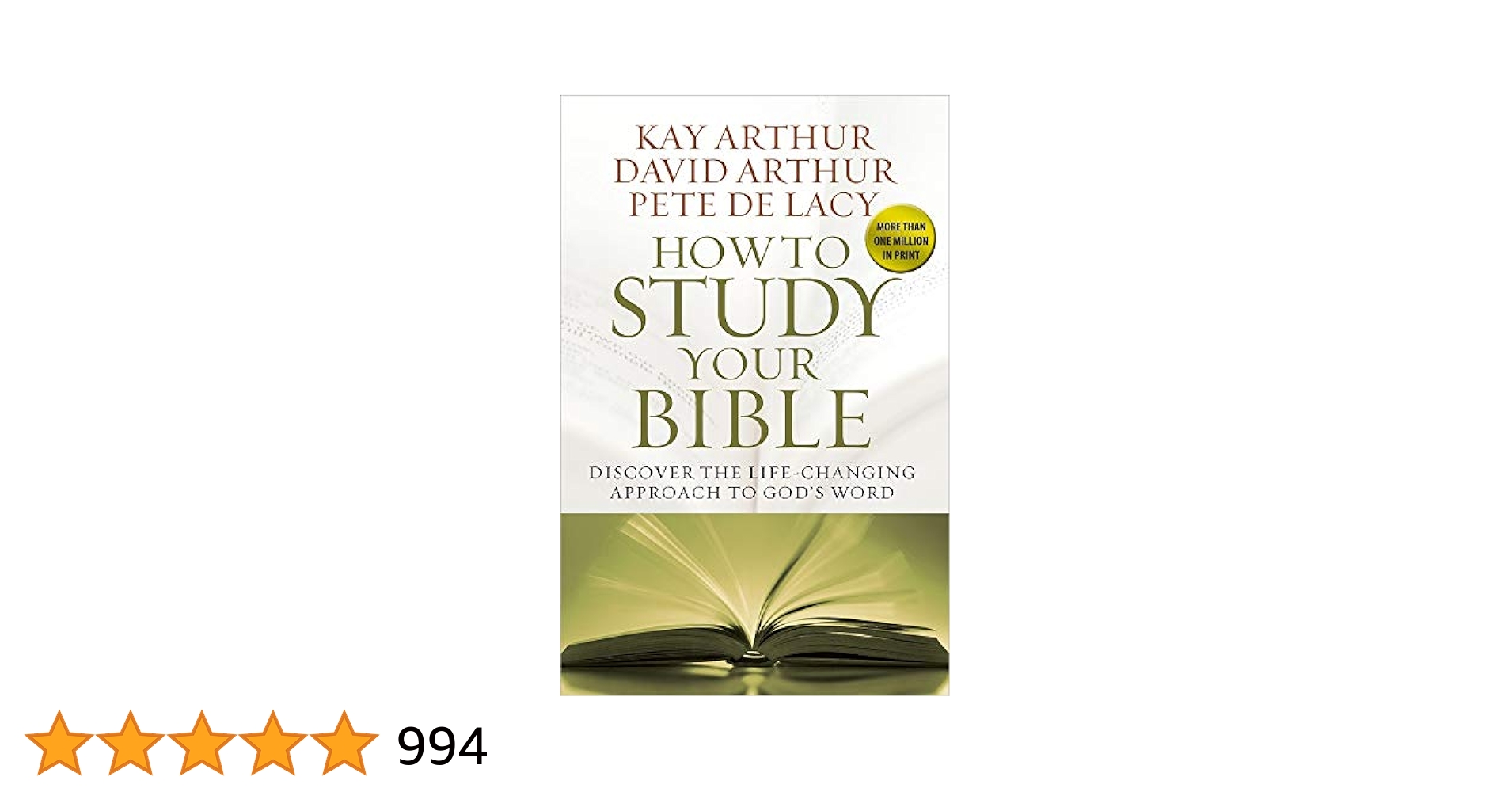Have you ever found yourself feeling overwhelmed or unsure of where to start when it comes to studying the Bible? In her renowned guide, “How to Study Your Bible” Kay Arthur offers valuable insights and practical tips on how to dive deep into the Word of God with confidence and clarity. This blog post will explore the key principles outlined by Kay Arthur that can revolutionize the way you approach your personal Bible study time, leading to a deeper understanding of Scripture and a stronger connection with God.
By incorporating Kay Arthur’s proven methods into your Bible study routine, you can experience the transformative power of God’s Word in your life like never before. From learning how to effectively observe and interpret passages to applying the truths discovered to your daily walk with Christ, “How to Study Your Bible” equips you with the tools necessary to unlock the treasures hidden within the pages of Scripture. Whether you’re a seasoned believer or just starting out on your spiritual journey, this guide offers invaluable guidance that can enrich your relationship with God and deepen your knowledge of His Word.
Exploring Effective Strategies to Study Your Bible with Kay Arthur
In Kay Arthur’s book “How to Study Your Bible,” she provides insightful guidance and practical tips for diving deeper into the Word of God. The book emphasizes the importance of approaching Bible study with consistency, intentionality, and a heart open to the leading of the Holy Spirit. Here are some key takeaways from the book:
1. Establish a Regular Study Routine: Arthur emphasizes the importance of setting aside dedicated time each day to study the Bible. By establishing a consistent routine, you create space for God to speak to you through His Word.
2. Pray Before You Study: Before delving into the Scriptures, take a moment to pray for God’s guidance and wisdom. Invite the Holy Spirit to illuminate the truths of Scripture and speak to your heart.
3. Use a Notebook or Journal: Keeping a notebook or journal handy during your study time can help you jot down insights, questions, and reflections as you engage with the text. This practice allows for deeper reflection and application of what you have learned.
4. Study in Context: Arthur encourages readers to study Bible passages within their broader context. Understanding the historical background, literary style, and cultural context of a passage can enrich your interpretation and application of the text.
5. Utilize Study Resources: In “How to Study Your Bible,” Arthur suggests using study tools such as concordances, commentaries, and Bible dictionaries to deepen your understanding of Scripture. These resources can provide valuable insights and help you navigate complex passages.
6. Apply What You Learn: Bible study is not just about acquiring knowledge; it’s about transformation. Arthur emphasizes the importance of applying the truths of Scripture to your life, allowing God’s Word to shape your thoughts, attitudes, and actions.
7. Engage in Personal Reflection: Take time to reflect on how the Scriptures speak to your own life and circumstances. Allow God’s Word to challenge, comfort, and encourage you as you seek to grow in your faith.
By following these principles and practices outlined in “How to Study Your Bible,” you can deepen your understanding of Scripture, strengthen your relationship with God, and experience personal growth and transformation through the power of His Word.

